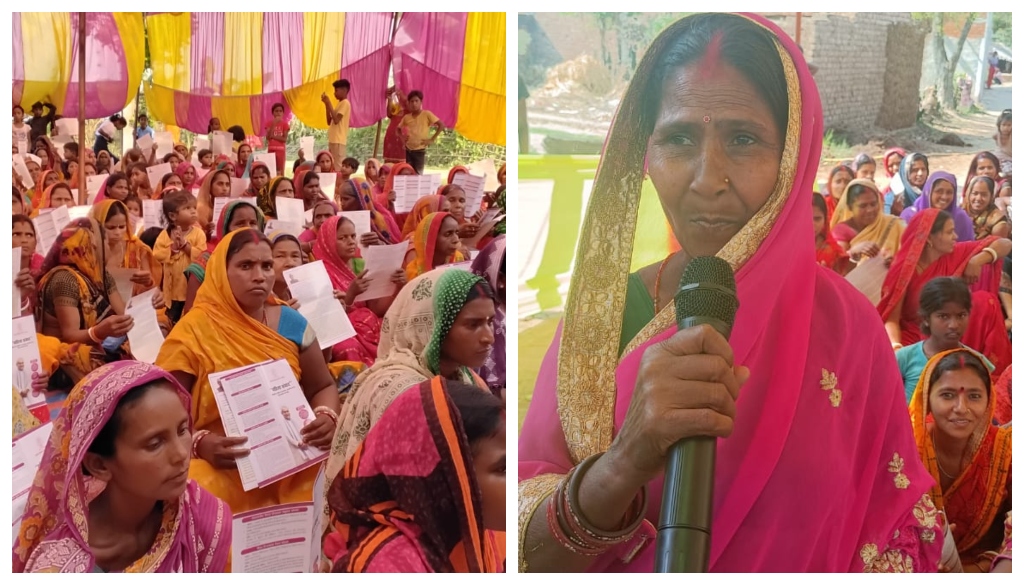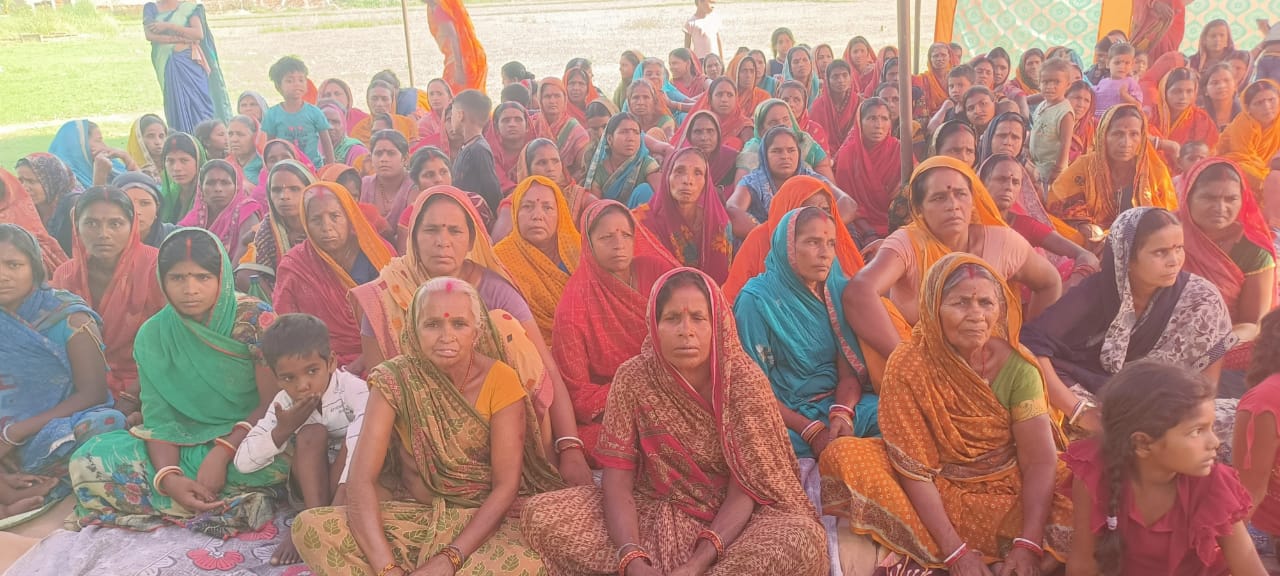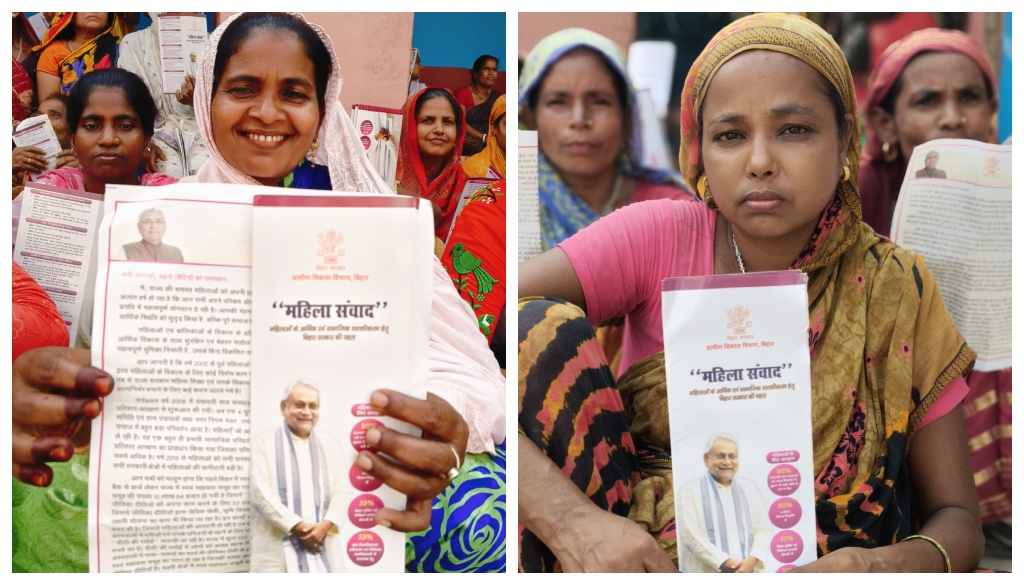Mahila Samvad: Women across Bihar speak up for everyday change

Patna: Women across Bihar continued to participate in the Mahila Samvad programme on Saturday, using the platform to speak directly about the issues they face every day. As the state-wide initiative entered its ninth day, sessions were held in hundreds of village-level locations with both adult women and school-going girls coming forward to share their concerns and ideas.
Ruby Devi from Mahua block in Vaishali district was among the many women who raised issues linked to girls’ safety and education. “Our daughters have to cross an open field to reach school. A boundary wall would make it safer, especially during early mornings and after lunch hours,” she said, calling for better infrastructure in and around rural schools. Her comment reflected a common sentiment across many districts, where women said the lack of secure school premises discouraged regular attendance.
In Darbhanga, Mamta Devi, a participant from Singhwara block, described how her life changed after enrolling in the Satat Jeevikoparjan Yojana. “Jeevan mein har taraf andhera tha, humaari koi sunne wala nahin tha. This scheme gave me a way forward. I now rear goats and can support my family,” she said. Mamta, like many others, has asked for wider awareness and better reach of livelihood programmes in her area, along with easier access to health services and veterinary support.

Lakhisarai’s Soni Devi from Sabipur village said the lack of a proper meeting space was holding women back. “Women’s meetings always take place outdoors or in someone’s house. A community hall would give us our own space to talk, plan and work without interruption,” she said. Others in the district echoed her views, saying that such spaces could improve women’s participation in local decisions and skill training.
In Sitamarhi, Babita Devi, a resident of Bhandari Panchayat, spoke of the change that came after she received support to build a toilet. “Earlier, my whole family had no choice but to use the fields. Now, I feel respected again.” Babita’s demands focused on building proper drains near her home, improving the condition of the local school and ensuring safe access for children during the monsoon.
Elsewhere in the state, women highlighted a range of basic issues. In Madhepura, the heat did little to dampen attendance. Women arrived in large numbers and asked for better school roads, compound walls, loan waivers and local job centres. Many spoke up against smart meters, saying they pushed up their bills without clarity. The need for bus stands, community toilets and women’s police stations was also raised.
From Jamui to Kaimur, demands included consistent electricity, reliable water supply and clean streets. In Maner block of Patna district, participants said a water tank in their village would reduce the distance children walk daily to fetch water. In Munger, Zahara Khatoon from Radhika JEEVIKA group called for a drainage line to stop annual flooding in Razak Tola. “Relief does not help us year after year. What we need is prevention,” she said during the meeting.

In Gopalganj, Nawada and Samastipur, a growing number of girls asked for upgrades to school buildings and safer transport routes. Several women from Kishanganj and Muzaffarpur said that travelling to district training centres was a burden and called for monthly skill training camps to be held at the panchayat level instead.
The events were supported by audio-visual vans that screened short films about existing government schemes, along with leaflets and Chief Minister Nitish Kumar’s message. Many women read these documents aloud at the events and used the sessions to clarify doubts or share ways the schemes had helped them.
District teams are digitally recording each suggestion through a central app. The collected data is expected to inform local administrative action while also being shared with state departments for policy review. Sessions will continue in the coming days across Bihar.






